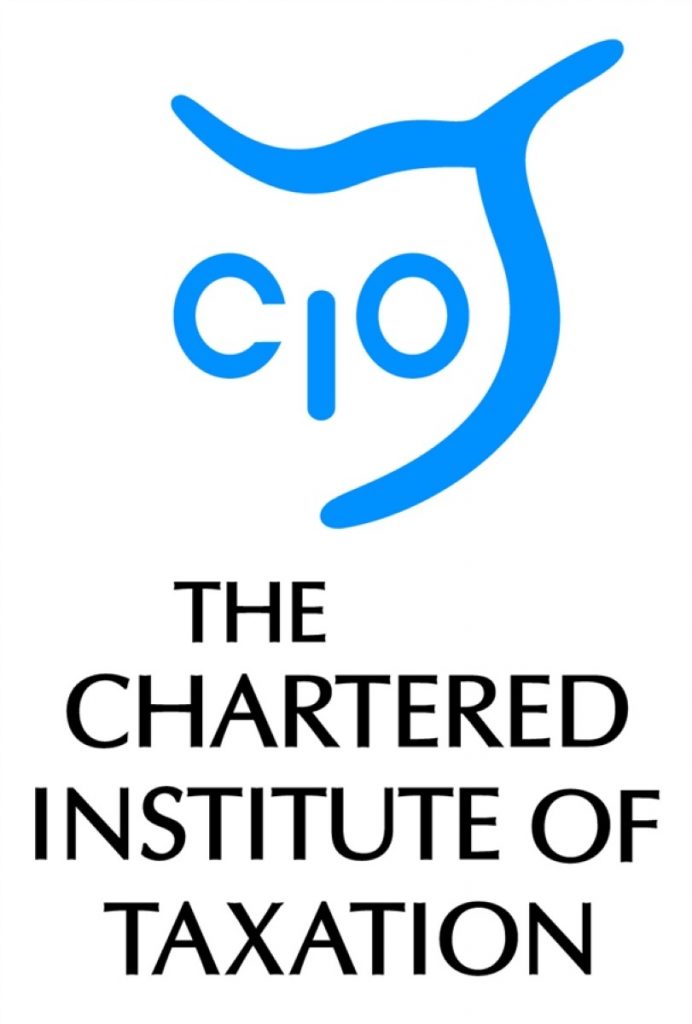CIOT: Charitable giving tax break will not work, say tax experts
A government attempt to encourage people to leave money to charities in their wills has “fundamental defects” and should be replaced, says the Chartered Institute of Taxation (CIOT).
The CIOT makes its comments in its response to a government consultation paper proposing a lower rate of inheritance tax (IHT) when someone leaves 10 per cent of their estate to charity.
Specifically, the CIOT believes:
· The proposals are unnecessarily complex;
· The proposals may act as a perverse disincentive to lifetime giving;
· The consultation ignores the burden of additional valuation and compliance costs;
· The consultation process has been flawed and fails to meet the Government’s own standards;
· A non-repayable IHT credit to all charitable gifts on death would be a simpler, more workable alternative to the Government’s proposal.
Martyn Gowar, Chairman of the CIOT’s Succession Taxes Sub-Committee, explained:
“Encouraging charitable giving is an admirable aim for the Government to have, but these proposals are complex, capricious and counterproductive. They are so complicated that HMRC had to reissue one of their examples after they got it wrong themselves first time round. Another example seeks to explain how a £52,000 legacy can be regarded as 10 per cent of an £850,000 estate.
“As currently structured, the Government’s proposals provide an effective 76 per cent relief from inheritance tax at the point where exactly a tenth of the net estate is given to charity. For taxpayers other than those on the highest rate – and there are many pensioners who are asset rich but cash poor – the siren sound of the difference between what they can save in tax by donating as a legacy, and what they can save in tax by donating during their life, will tempt them to stop lifetime giving, with potentially very damaging consequences for charities. We wonder whether these presumably unintended consequences behind the present proposal have been fully explored and whether charities appreciate the possible impact.
“Additionally, the consultation completely ignores the burden of additional valuation and compliance costs, which any estate around the arbitrary 10 per cent threshold will be forced to bear.
“In summary, the complexities of the proposed relief greatly outweigh the supposed benefits. We fear that the very complexities, costs and uncertainties as to whether the relief would apply may well act to dissuade would-be testators from embracing it.”
The CIOT has set out a simpler, more workable alternative to the Government’s proposal. Martyn Gowar explained:
“The worthy objective of encouraging charitable giving on death could be achieved far more simply by attaching a 10 per cent non-repayable IHT credit to all charitable gifts on death.
“The way this would work is that, in addition to the existing IHT charitable exemption, every £9 left to charity attracts as an incentive a £1 non-repayable IHT credit. The concept is simple to grasp: it is immediately attractive and is understandable by the public, given its similarities with Gift Aid. There would be no ‘cliff-edge’ or de minimis effect.
“We urge that, before the arbitrary, complex and illogical proposals in the consultation are further proceeded with, serious consideration be given to our simple and practical alternative.”
Notes to Editors
1. HM Revenue & Customs’ (HMRC) consultation document 'A new incentive for charitable legacies: a lower rate of inheritance tax when leaving 10% of an estate to charity' was issued on 10 June 2011 and the consultation period closed on 31 August 2011. The CIOT’s submission can be read in full here.
2. The Chartered Institute of Taxation (CIOT) is a charity and the leading professional body in the United Kingdom concerned solely with taxation. The CIOT’s primary purpose is to promote education and study of the administration and practice of taxation. One of the key aims is to achieve a better, more efficient, tax system for all affected by it – taxpayers, advisers and the authorities.
The CIOT’s comments and recommendations on tax issues are made solely in order to achieve its primary purpose: it is politically neutral in its work. The CIOT will seek to draw on its members’ experience in private practice, government, commerce and industry and academia to argue and explain how public policy objectives (to the extent that these are clearly stated or can be discerned) can most effectively be achieved.
The CIOT’s 15,600 members have the practising title of ‘Chartered Tax Adviser’ and the designatory letters ‘CTA’.
– ENDS –
George Crozier
External Relations Manager
D: +44 (0)20 7340 0569
M: +44 (0)7740 477374
The Chartered Institute of Taxation
Registered charity number 1037771
www.tax.org.uk
The Association of Taxation Technicians
Registered charity number 803480
Registered company number 2418331
VAT Registration Number 497 5390 90
www.att.org.uk
Low Incomes Tax Reform Group – an initiative of the Chartered Institute of Taxation
www.litrg.org.uk
1st Floor, Artillery House, 11-19 Artillery Row, London SW1P 1RT





-01.png)